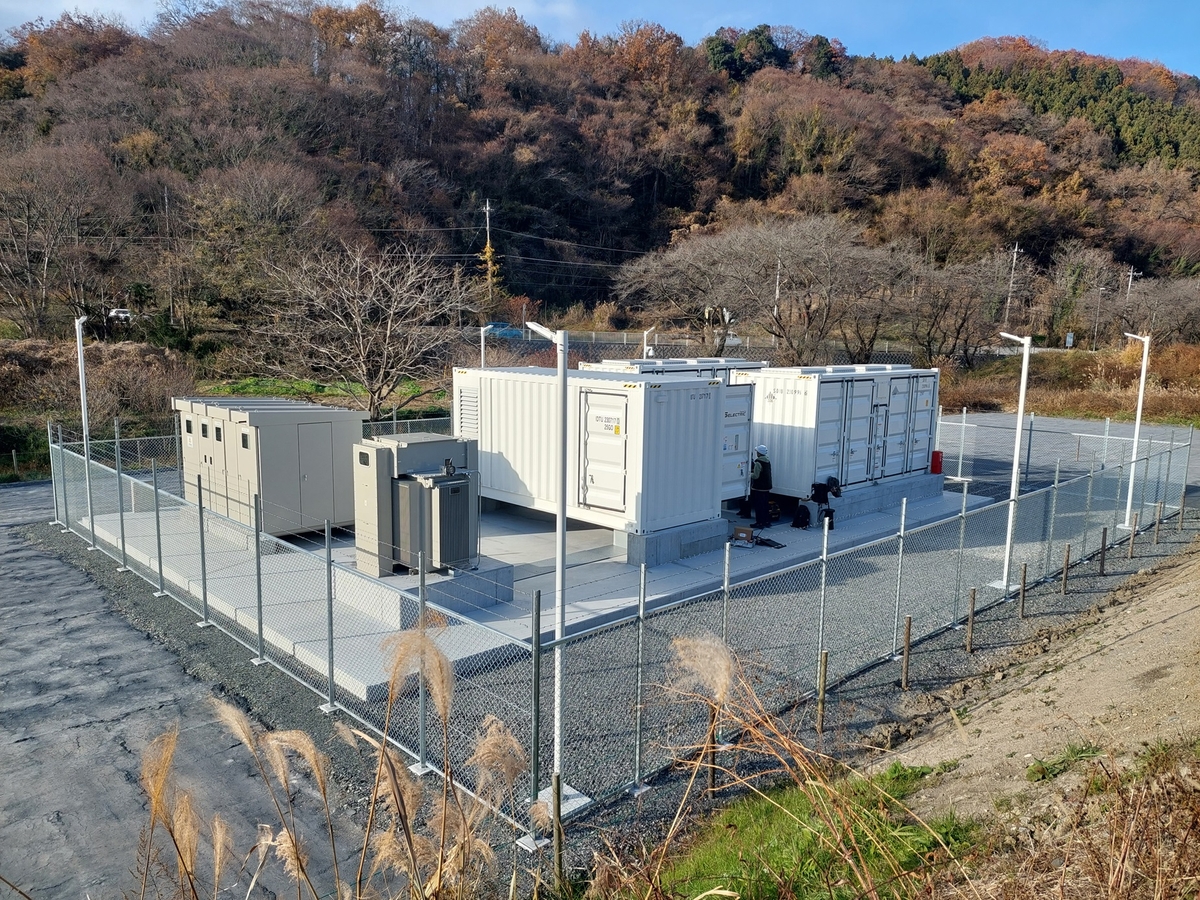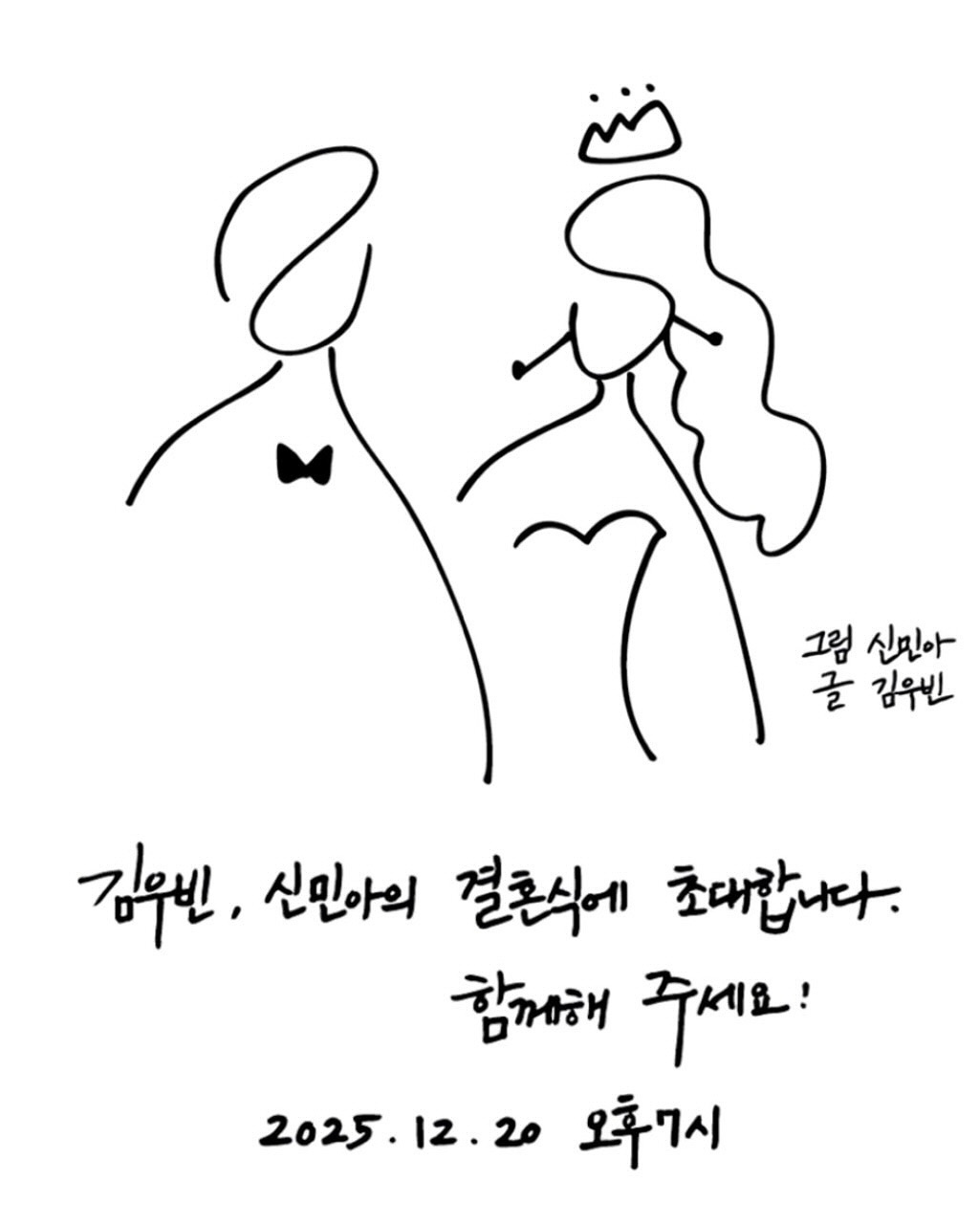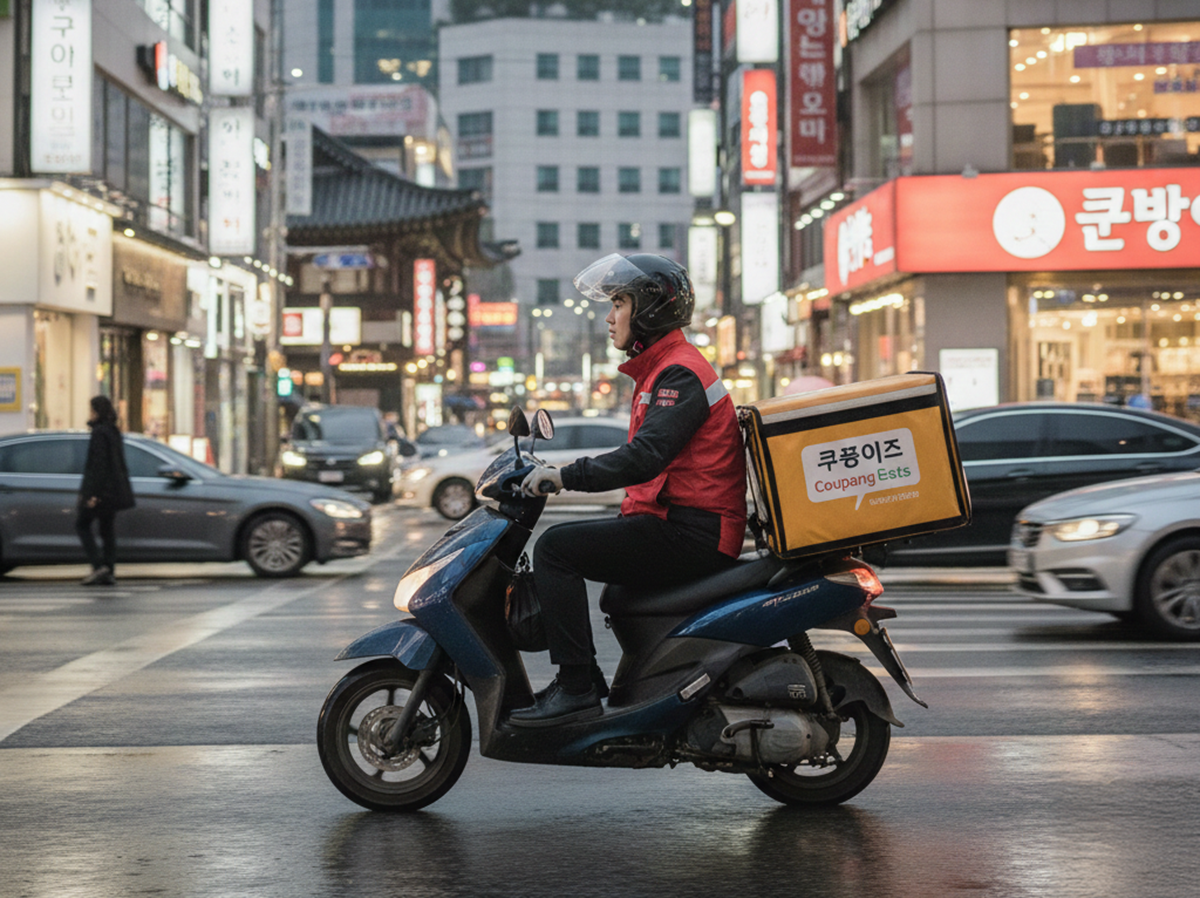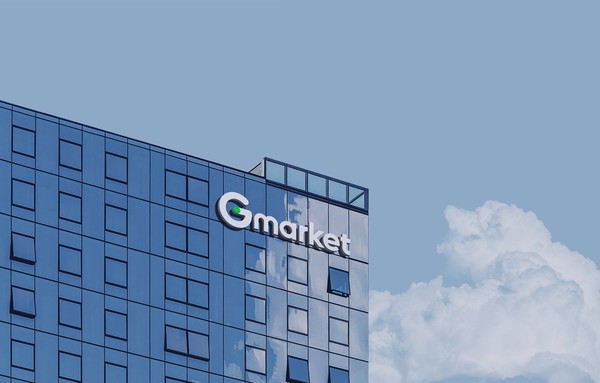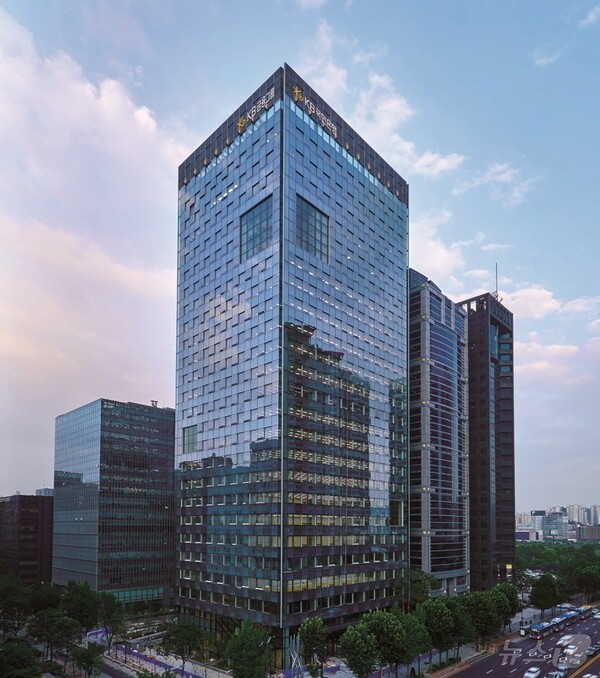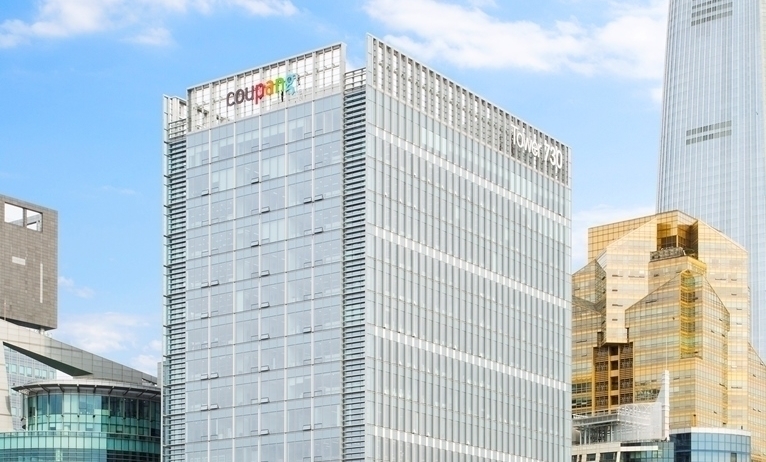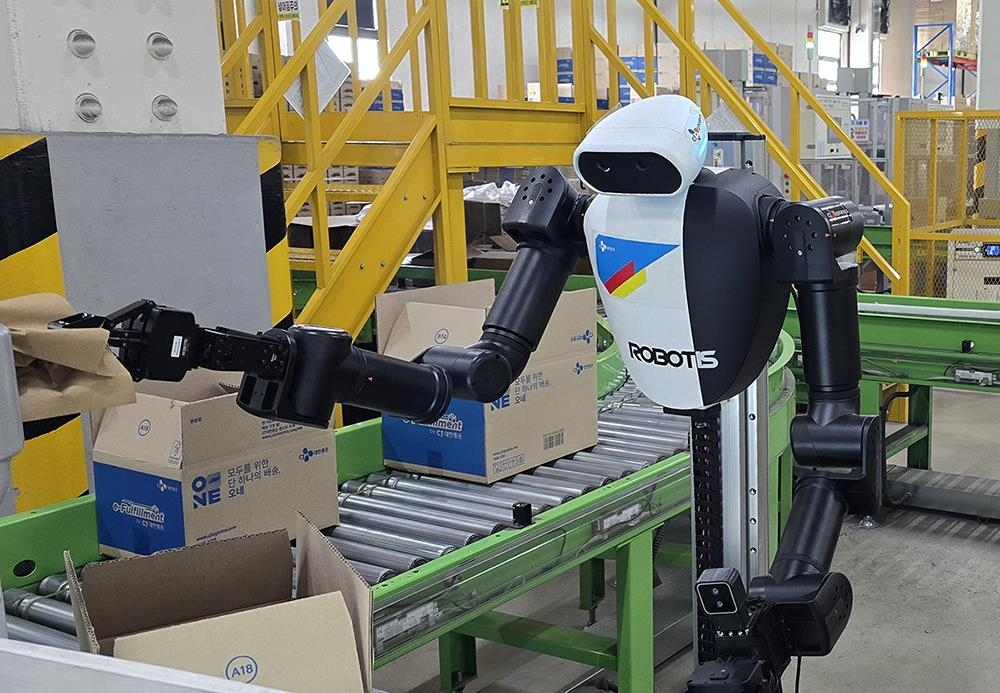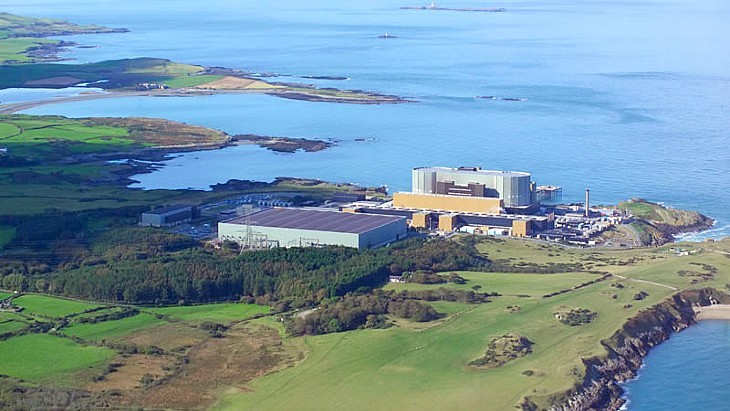
South Korean President Lee Jae-myung has ordered his cabinet to strengthen penalties for a wide range of domestic economic and social issues, from tourist overcharging to wage violations and industrial accidents.
In a Cabinet meeting held at the presidential office in Yongsan on September 2, Lee stressed that these problems can no longer be handled through administrative warnings alone, urging the introduction of enforceable fines and punitive measures.
The president linked these directives to South Korea’s broader challenge of reversing its declining potential growth rate.
In discussions with ministers following briefings on the 2025 budget, Lee emphasized strategies to stimulate growth, including diversifying export items and tapping new global markets. He called on diplomatic missions abroad to take a more active role in supporting high-tech industry exports and pressed for greater financial assistance to companies seeking to expand internationally.
Lee reserved some of his strongest language for the construction sector, which has long been plagued by safety concerns.
“We cannot revitalize the construction industry through illegality and inhumane practices,” he said, urging regulators to consider fines that exceed the profits gained from cutting corners on safety.
He also suggested expanding punitive damages for severe workplace accidents, a move that would significantly increase corporate liability in cases of negligence.
The president also expressed frustration with weak enforcement around unpaid wages, calling for “severe punishment” for violators. On the tourism front, he criticized so-called “rip-off pricing” at domestic attractions, noting that such practices discourage Koreans from traveling within the country.
He instructed agencies to abandon vague warnings and instead implement clear penalty systems to restore trust in the tourism industry.
Beyond domestic issues, the meeting touched on South Korea’s push to secure its place in the global AI race.
Finance Minister Koo Yoon-cheol outlined plans to acquire high-performance GPUs essential for building a national “AI highway,” a key part of Seoul’s long-term innovation strategy.
Lee pressed the ministry to ensure procurement is completed on time, underscoring the urgency of keeping pace with global competitors like the U.S. and China.
Trade policy also featured prominently, with ministers addressing the implications of recent tariff negotiations with Washington.
Industry Minister Kim Jung-kwan and Trade Negotiation Head Yeo Han-koo highlighted the importance of using shifting global trade dynamics to diversify export destinations and strengthen South Korea’s economic resilience.
A closed-door portion of the meeting focused on corporate law reform, including debate over the recently passed “Yellow Envelope Law” and proposed amendments to the Commercial Act.



